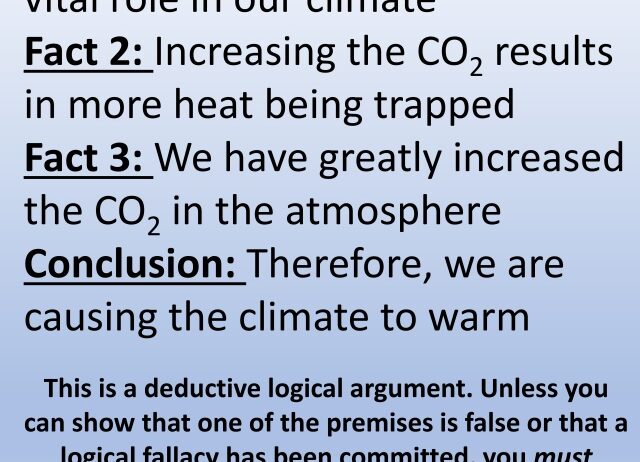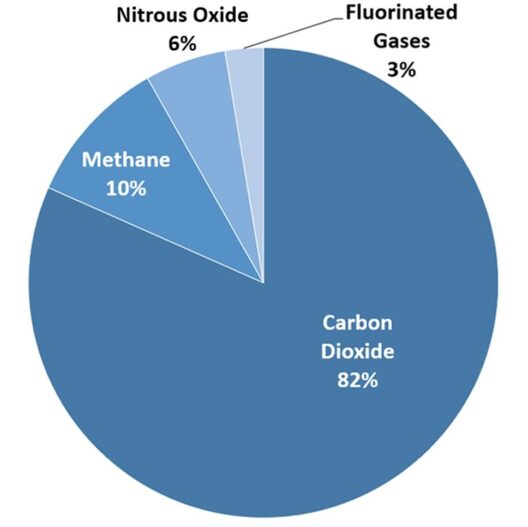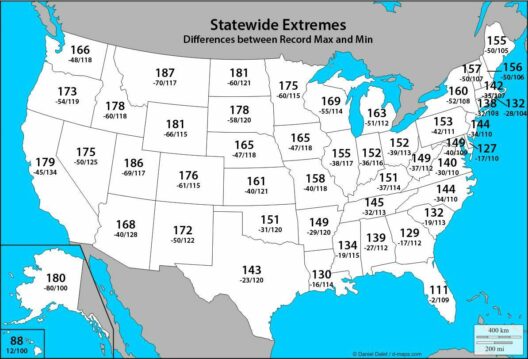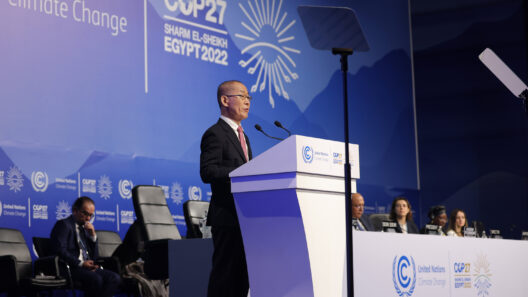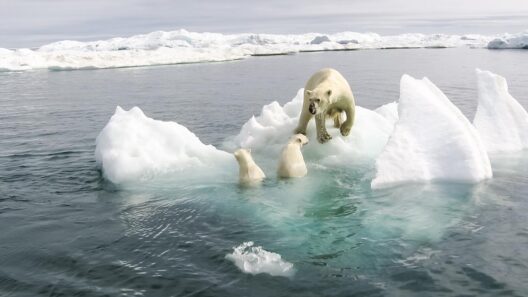As climate change steadily becomes one of the most pressing issues of our time, a pervasive question emerges: do scientists lie about global warming data? This query not only reflects a skepticism towards established scientific consensus but also raises pertinent concerns about the integrity of data and the motives behind its dissemination. By delving deeper, we can unpack this complex issue and confront the criticisms and counterarguments surrounding the scientific discourse on global warming.
First and foremost, it is imperative to recognize the enormity of climate science. The field encompasses a vast array of disciplines—ranging from meteorology to oceanography to atmospheric chemistry. Given this interdisciplinary nature, the scientific community comprises thousands of researchers contributing to an ever-expanding body of literature. When scientists communicate findings, they do so with a rigorous methodology designed to ensure validity and reliability. The peer-review process serves as a fundamental checkpoint for scientific integrity, providing a mechanism through which findings are scrutinized before publication. Hence, the notion that scientists, as a cohesive group, engage in deceit is not only unfounded but overlooks the collaborative ethos of scientific inquiry.
However, let us entertain the contrarian perspective. What if scientists are indeed manipulating data? This notion has gained traction among skeptics who argue that climate models exaggerate warming trends or that data has been cherry-picked to favor a particular narrative. Skeptics often point to discrepancies in temperature recordings or fluctuations in climate models as evidence of potential scientific misconduct. Yet, upon closer inspection, most of these claims unravel under the weight of empirical scrutiny.
Modern climate models, for example, incorporate numerous variables that affect temperature and climate patterns, and they undergo continuous refinement. This means that occasional inaccuracies are both expected and accounted for in scientific practice. Additionally, the scientific community remains vigilant against any form of manipulation through regular audits and external assessments. Unquestionably, the integrity of data is preserved through transparency; scientists are obligated to disclose their methodologies and data sources, enabling independent verification of their results.
Another point of contention arises from the activities of a minority of scientists who may not adhere to the rigorous standards expected in scientific research. Occasionally, a small subset of studies may garner media attention due to sensationalist claims that amplify doubts about global warming. However, such studies often fail to withstand the test of time. The robustness of the scientific consensus on climate change rests on a vast and comprehensive foundation of studies that are reproducible and verifiable—this immense weight of evidence far eclipses the occasional outlier.
Moreover, the underlying question of motivation cannot be dismissed lightly. Critics allege that financial incentives or political affiliations could distort a scientist’s findings. While funding sources can occasionally influence research topics, the overwhelming majority of climate scientists are driven by an earnest commitment to understanding climate dynamics. Betraying scientific integrity for personal gain would be a severe risk, jeopardizing their careers and reputations. Further complicating this narrative is the fact that major corporations and interest groups have historically funded contradictory research aimed at undermining the prevailing understanding of climate change, shaping public discourse in misleading ways.
In addressing accusations of dishonesty among scientists, it is pertinent to examine the role of media in shaping public perceptions. Sensational headlines often eclipse nuanced discussions, misrepresenting the intricacies of climate data and inadvertently sowing seeds of doubt among the populace. This media framing can lead to a distorted understanding of scientific findings, propelling misconceptions about the reliability of climate data into public consciousness. To navigate these treacherous waters, it is crucial for individuals to engage with credible sources, scrutinize claims, and cultivate an informed perspective based on evidence rather than conjecture.
The dialogue surrounding global warming data is further complicated by the psychological bias known as confirmation bias. Individuals tend to favor information that corroborates their preexisting beliefs while dismissing alternatives. This bias can lead people to accept pseudoscientific claims that question the legitimacy of climate data, exacerbating the divide between laypersons and scientists. Consequently, fostering an open and honest discussion based on empirical evidence becomes paramount in bridging this gap. Education serves as a formidable tool in this endeavor, empowering individuals with the knowledge necessary to comprehend complex scientific principles.
Ultimately, the question remains: do scientists lie about global warming data? The answer, deeply entrenched in the fabric of scientific inquiry, is resolutely no. The scientific method, while not infallible, demands rigor, transparency, and accountability. By fostering a culture of critical thinking and prioritizing evidence-based discourse, society can transcend unfounded skepticism and unite in addressing the formidable challenge posed by climate change.
It is not merely the responsibility of scientists to convey factual information; it is also the obligation of the public to critically engage with that information, fostering a collaborative approach to tackle one of the most monumental challenges of our time. As we navigate this complex landscape, understanding the nuances of climate science and remaining vigilant about misinformation will be essential in guiding our path towards a more sustainable future.



